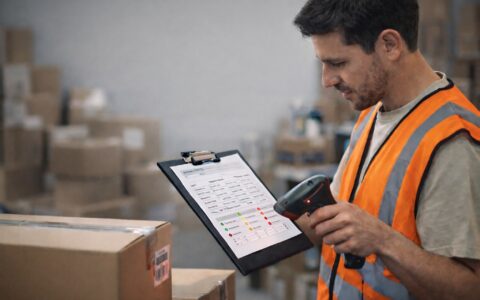
Technology has been one of the main allies of companies that want to improve operational efficiency. Adopting technological solutions specialized in supply chain has enabled innovations in the sector, productivity gains and cost savings, with direct impact on the profit margins of companies.
But to find a tool that suits your needs, it is important to learn about the features that have improved the competitiveness of many companies. Listed below are three key features that a solution specialized in the retail segment should provide:
More intelligence to the planning and replenishment process: technology facilitates the production of accurate reporting, with reliable figures, based on the history records of each store, taking into account seasonality and end consumer behavior. Therefore, it helps ensuring the availability of products on the shelf and prevents excess items in stock. Thus, different points of sale in the same network can be supplied properly and very efficiently.
For example, if the summer was very rainy this year and reduced the consumption of sunscreen at a particular point of sale, having this data will contribute to a more accurate inventory planning in the coming months, ensuring that in the coming period there will be no product shortage or excess.
Integrate company areas: technology promotes collaborative work among departments, optimizing strategic planning. There are solutions that facilitate this dynamic, based on the availability of performance indicators and other relevant information for the main areas (sales, marketing, trade and product).
In practice, it would happen like this: a campaign launched by the marketing team can create a great demand for the sales area (and, to achieve the expected result, the teams have to be aligned). Integration promotes a systemic view of all stages and allows reaching consensus among the teams. To engage all organization levels, it is important to count on the support of a consultant capable of fine tuning the process or even the selected tool.
Business partner collaboration: Many companies have sought to further strengthen the business partnership with their major suppliers. This means, for example, that they have access to inventory data regarding their products, to work together on the availability of items or even inputs (in the case of manufacturers). The advantage in this case is that each agent is concerned about his or her specialty, focusing on results and not only on the process. Obviously, for this process to occur effectively, a good level of maturity among business partners and specialized technology is necessary.




